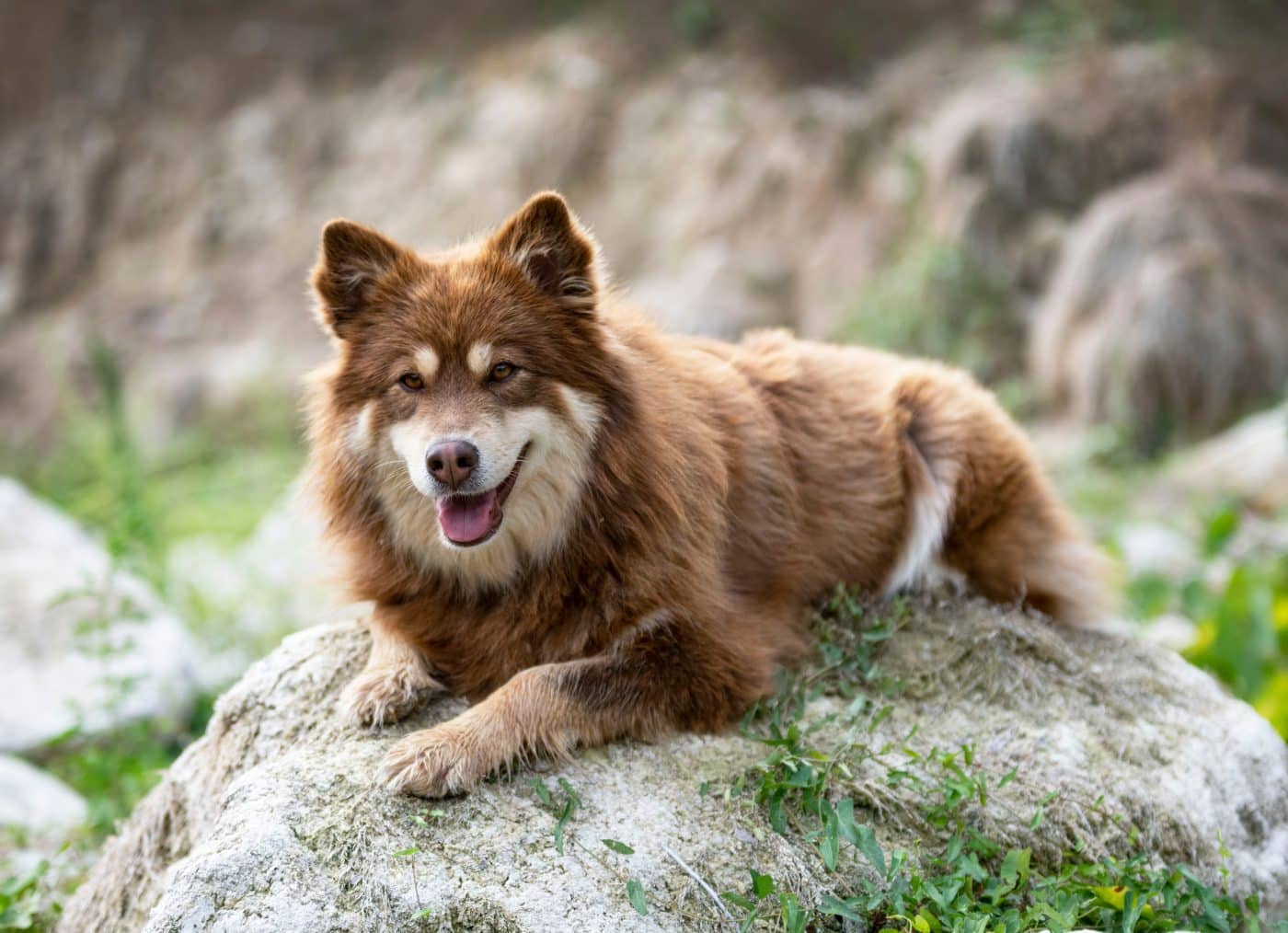 Shutterstock
Shutterstock
Long before we had rabbit feet, lucky pennies, or crystal TikTok energy, people turned to something much fluffier for their good fortune—dogs. In ancient cultures, certain breeds weren’t just companions or guards—they were living, tail-wagging tokens of prosperity, protection, and even divine favor. While having a dog’s love in your life is always lucky, these dog breeds had serious spiritual street cred and were believed to chase away evil, bless households, and occasionally serve as judgmental gatekeepers to otherworldly realms. These dogs were thought to bring the luck you can’t buy—only bark at.
Shih Tzu
 Shutterstock
Shutterstock
Beloved by Chinese emperors and Tibetan monks alike, the Shih Tzu was practically born to symbolize luck. Nicknamed the “Lion Dog,” this regal fluffball was believed to resemble the sacred lions of Buddhist mythology—creatures that guarded temples and warded off evil spirits. Not only were they considered good fortune, but having one in your lap was a sign that you were blessed by the heavens (or at least really good at giving treats). The Shih Tzu didn’t just strut around the palace looking adorable—it brought cosmic blessings and spiritual sass with every step.
Lhasa Apso
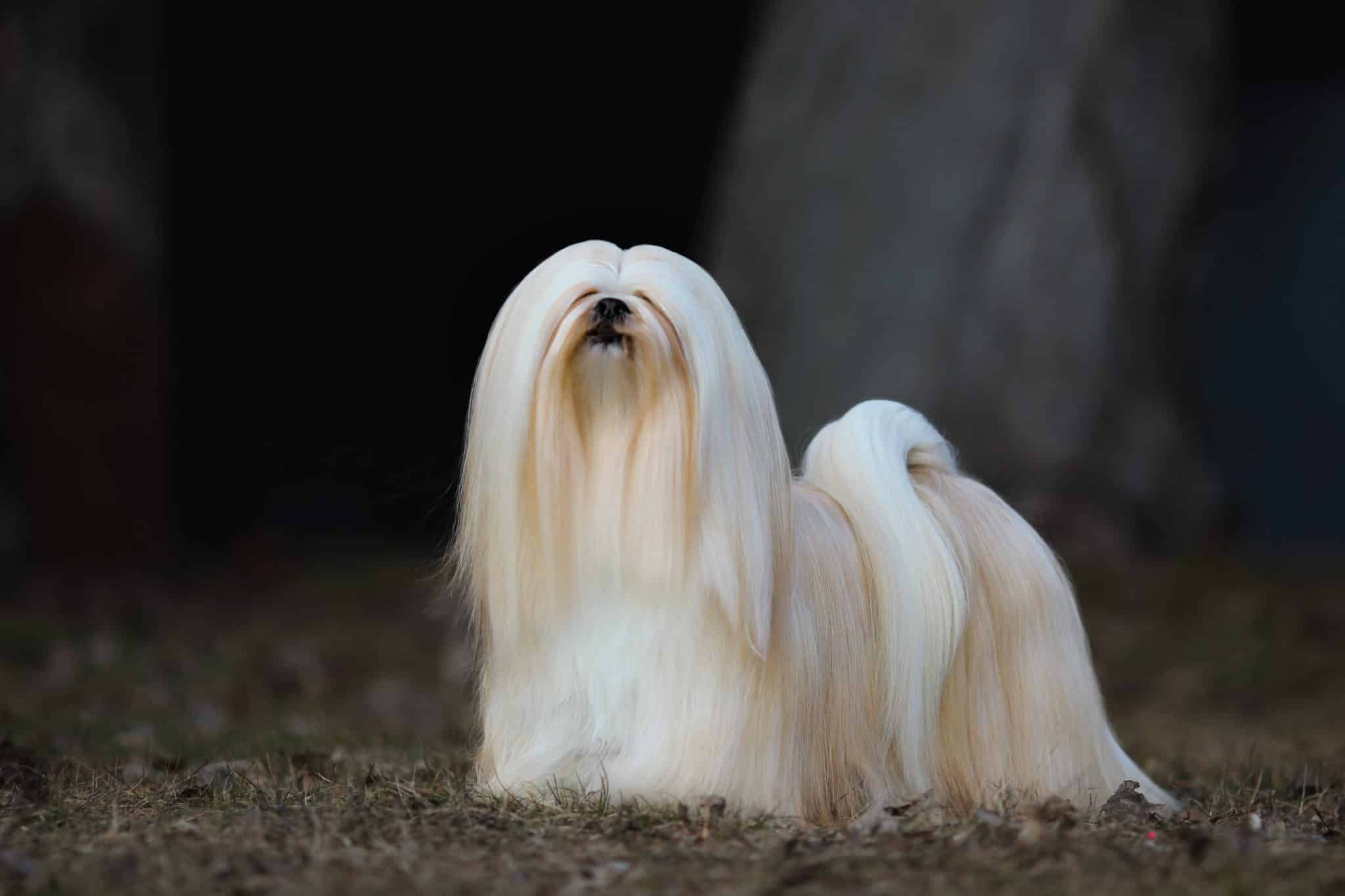 Shutterstock
Shutterstock
With its luxurious coat and wise expression, the Lhasa Apso was the original divine floof in Tibetan monasteries. These dogs weren’t just watchdogs—they were considered spiritual sentries. Monks believed they could detect negative energy and protect sacred spaces with their presence alone. Gifting a Lhasa Apso was considered among the highest honors, almost like saying, “Here’s a living security system infused with ancient magic.” If one’s curled up on your couch, you might want to start charging for spiritual cleansing sessions.
Pekingese
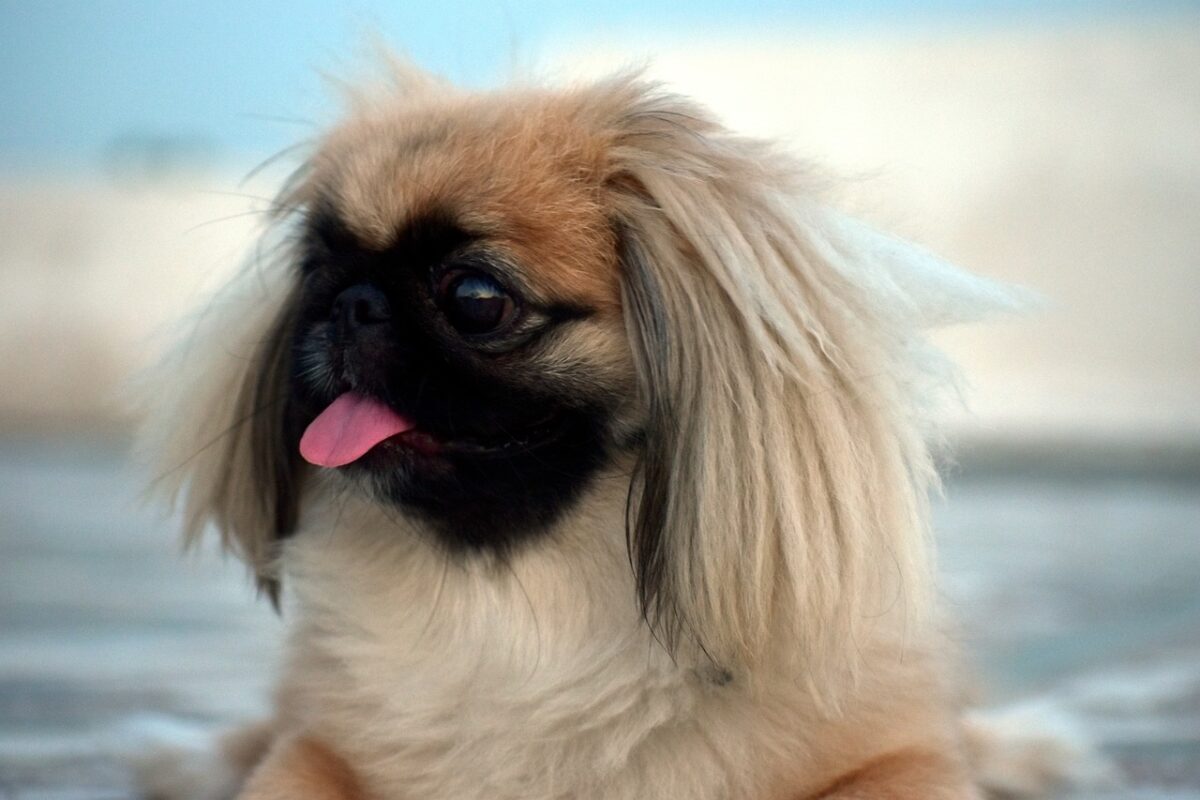 Shutterstock
Shutterstock
The Pekingese weren’t just royalty—they were royalty in ancient China. Legend has it the breed came from a lion that fell in love with a marmoset, and the gods shrunk it down into a petite package of bravery and fluff. These dogs were considered sacred and tied to the imperial court, and they were buried with emperors to guide them into the afterlife. Their presence was believed to bring calm, protection, and high-vibe fortune. It also explains why your modern-day Pekingese acts like it owns the place—because, historically speaking, it probably did.
Japanese Chin
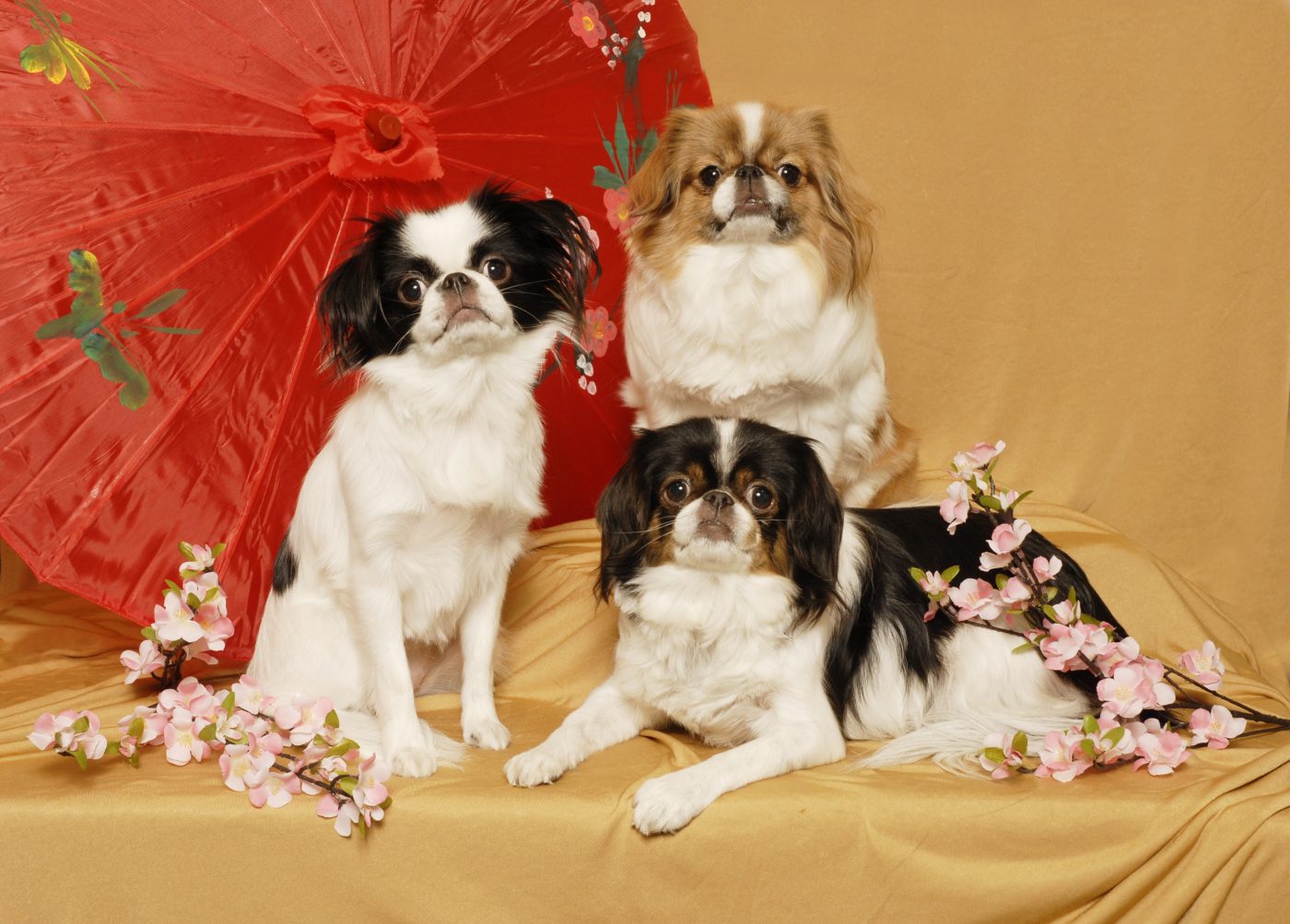 Shutterstock
Shutterstock
Equal parts mysterious and majestic, the Japanese Chin was once a prized possession of aristocrats and considered a lucky charm in noble households. With their elegant demeanor and cat-like grace, these dogs weren’t just pets—they were decorative blessings that added style and spiritual vibes to the palace. Their antics—spontaneous spinning and dramatic yawns—were thought to keep away bad spirits and misfortune. That little head tilt they do? Probably a cosmic recalibration.
Tibetan Spaniel
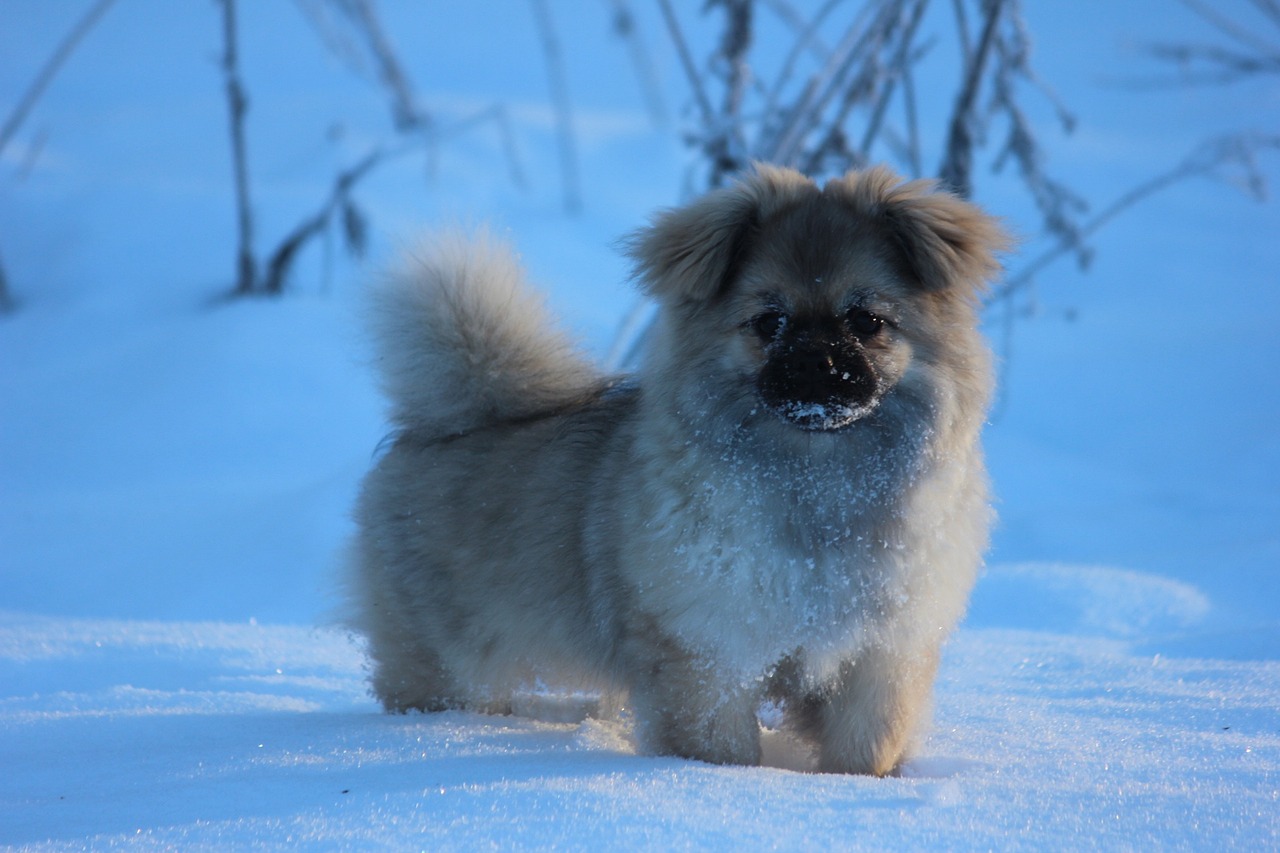 Shutterstock
Shutterstock
Often spotted perched on high monastery walls in Tibet, the Tibetan Spaniel wasn’t just looking for a good view—it was acting as a literal spiritual lookout. Revered for its ability to sense people and energy, this pint-sized pup was believed to bring harmony and fortune wherever it lived. It also earned a reputation as a “prayer dog” because it habitually sat with monks during meditation, probably judging them softly. If there’s a dog breed that could actually save your apartment with a side-eye, it’s this one.
Basenji
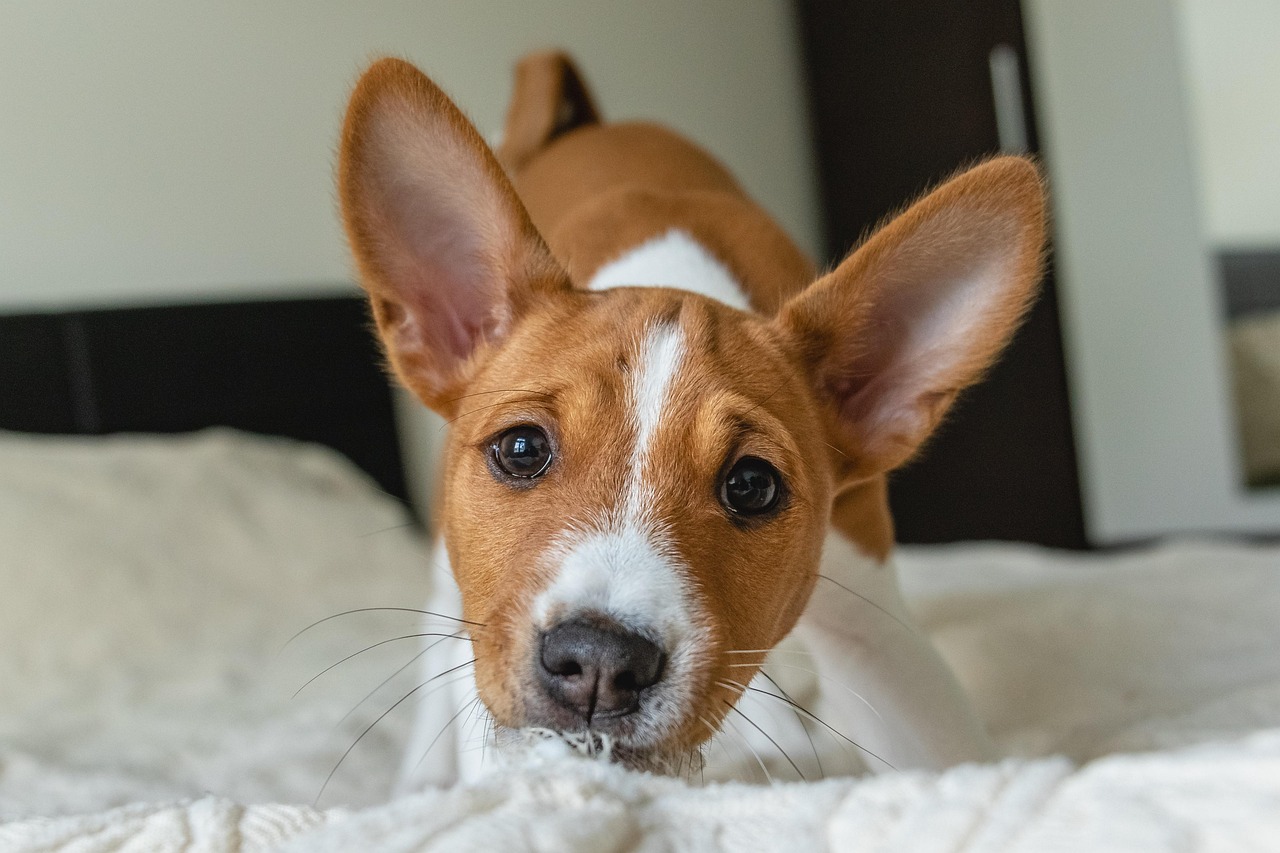 Shutterstock
Shutterstock
The Basenji, a barkless dog from Central Africa, might not make a sound, but it’s been making waves in ancient history as a good luck charm. In some African and ancient Egyptian cultures, these dogs were considered sacred. They were gifted to pharaohs, painted on tomb walls, and seen as guides between the physical and spiritual worlds. With their poised, foxlike appearance and yodel-like vocalizations, they practically radiate mysterious energy. This dog might be your guide if you’re going on a spiritual quest—or just misplacing your socks regularly.
Saluki
 Shutterstock
Shutterstock
The Saluki is so ancient and revered that it was basically the divine runway model of the canine world. Worshipped in ancient Egypt and loved by Middle Eastern royalty, the Saluki was believed to be a gift from the gods. Its speed, elegance, and noble presence weren’t just admired—they were seen as symbols of favor from above. People believed owning a Saluki brought luck, protection during hunts, and maybe even a better seating arrangement in the afterlife. These dogs didn’t just walk—they floated on inherited mysticism.
Finnish Lapphund
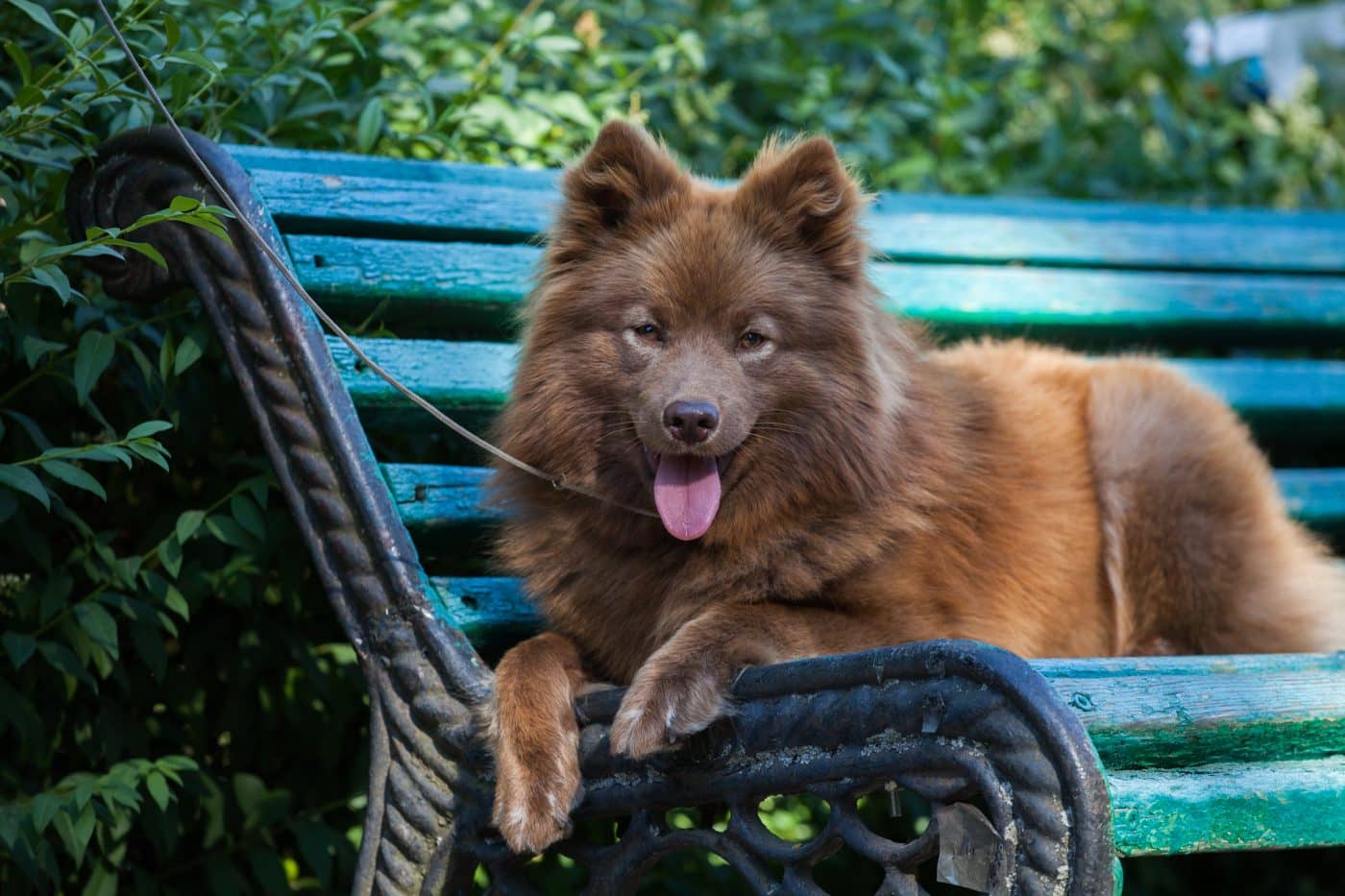 Shutterstock
Shutterstock
The Finnish Lapphund may not be the first dog that comes to mind when you think of ancient luck, but for the indigenous Sámi people of Lapland, this fluffy, fox-faced herder was a walking charm. Bred to herd reindeer in the icy Arctic north, the Finnish Lapphund was seen as a bringer of prosperity—because a calm, cooperative herd meant a thriving livelihood. Their gentle nature, intelligence, and ability to work in harmony with humans made them more than just working dogs—they were treasured companions believed to bring balance and good fortune to the family. Plus, with a coat that looks like it was spun from northern lights, they practically radiate magical vibes.
Chinese Crested
 Shutterstock
Shutterstock
With its hairless body and wild tufts of fur, the Chinese Crested looks like it descended from a planet of fashion-forward fortune tellers—and that’s the energy it brought historically. Believed to be a good luck charm on ancient Chinese trading ships, this breed was said to ward off disease and misfortune. Sailors loved having them aboard because they were great at catching rats and catching good vibes. If your Crested stares at a corner for no reason, maybe don’t question it—it might be shooing away negative energy with its weirdly powerful cheekbones.
The Good Luck Was Inside The Dog All Along
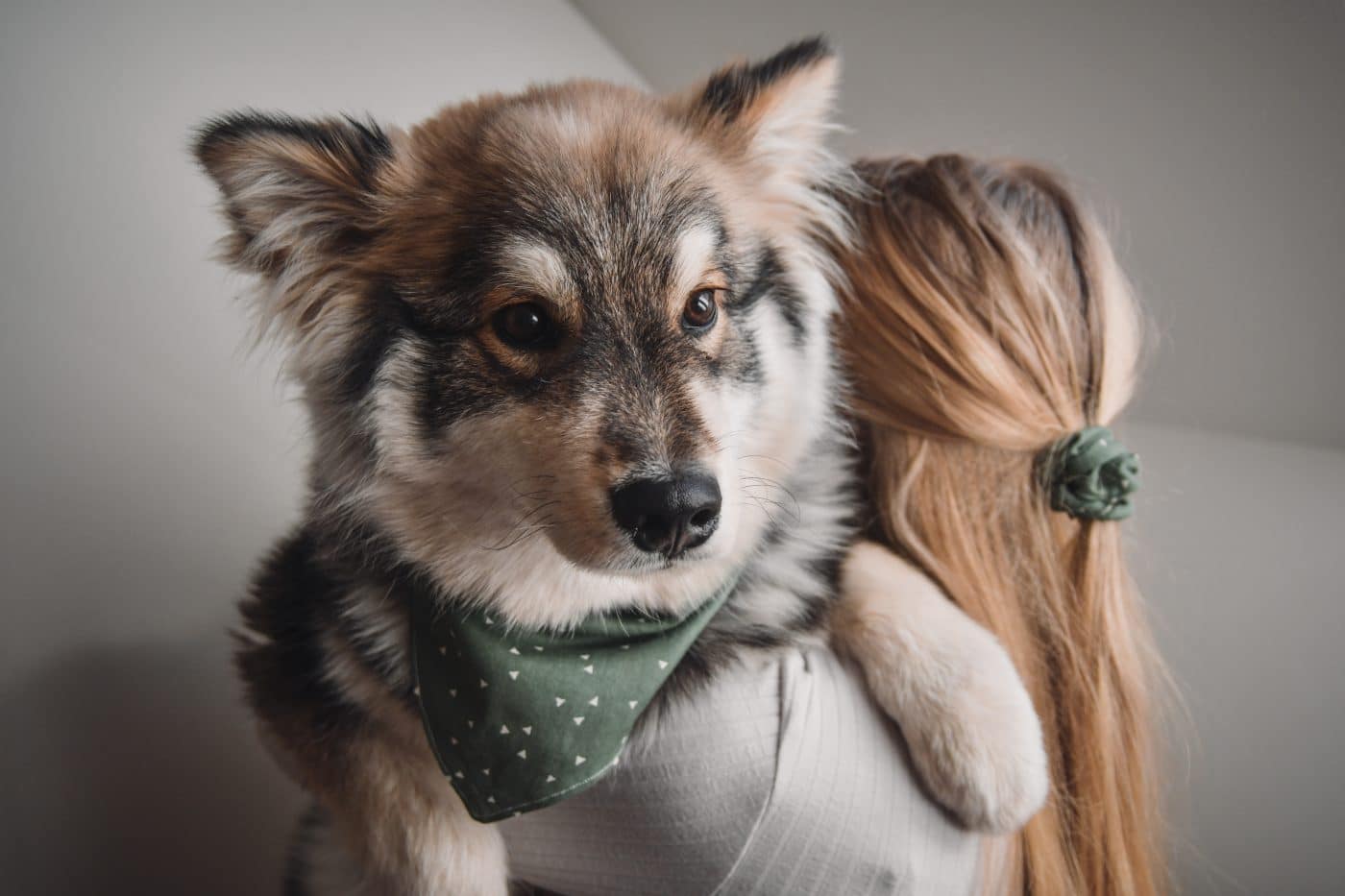 Shutterstock
Shutterstock
Next time your dog barks at an empty corner, spins three times like it’s casting a spell, or demands a snack with the intensity of a furry tax collector—you might want to pause before calling it “weird.” Maybe your pup is tapping into some ancient canine magic. These breeds weren’t just companions but considered living emblems of good fortune, spiritual protection, and divine charm across cultures. For centuries, they’ve blessed homes, guarded vibes, and radiated mystical fluff energy. Basically, your dog might be your lucky charm in a fur coat.
 Toledo, United States.
Toledo, United States.
